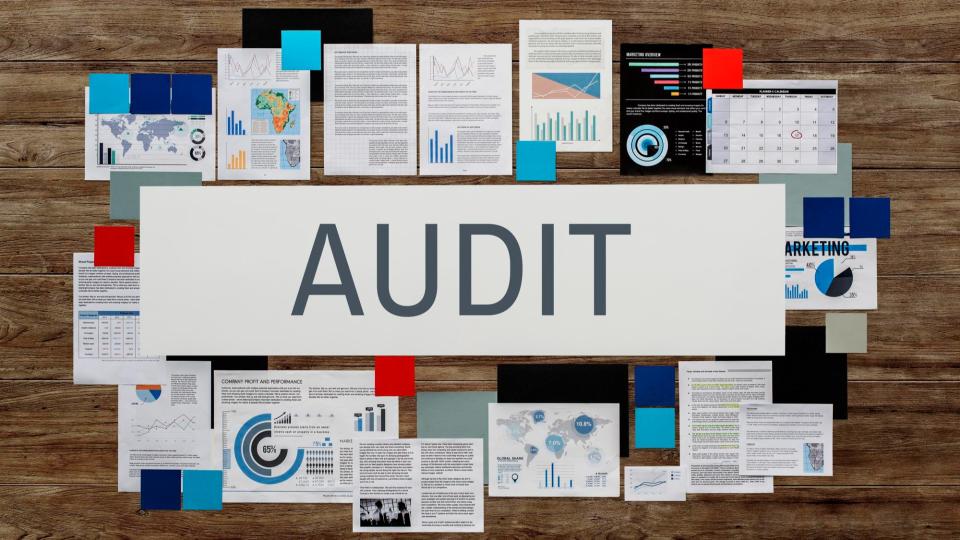In 2025 Kenyan businesses face a challenging mix of fiscal consolidation, elevated borrowing costs, and episodic political uncertainty. In this environment, an external audit is no longer just a regulatory checkbox, it is a strategic asset. A timely, rigorous audit strengthens credibility, unlocks finance, improves governance, and helps firms navigate heightened scrutiny from regulators, lenders and trading partners. This article explains why audits matter more than ever for Kenyan firms in 2025, and how business leaders can translate audit work into real competitive advantage.
Transparency Builds Trust
Audited financial statements are the clearest signal a business can send that its books are reliable. With tighter credit markets and greater emphasis on due diligence, lenders and investors increasingly demand audited accounts before they lend or commit capital. A clean audit opinion accelerates loan approval processes, improves negotiating leverage on interest rates and covenants, and makes the business more attractive to equity partners or strategic buyers. In short: audit = credibility = access to capital.
Regulatory Readiness in a Time of Greater Scrutiny
Kenya’s tax and regulatory landscape continue to evolve. Businesses are seeing more sophisticated data matching and greater expectation of compliance from tax authorities, sector regulators and standards bodies. Companies that maintain well-documented records and audited accounts are better placed to withstand tax inquiries, appeals and compliance checks. Audits generate the working papers and reconciliations that help justify tax positions and shorten dispute resolution, reducing the risk of penalties and surprise liabilities.
Detection and Deterrence of Fraud and Misstatement
Periods of economic stress and political uncertainty tend to increase fraud risk. Independent audits combine substantive testing, control evaluation and professional skepticism that not only detect existing misstatements but also deter opportunistic behaviour. The audit’s forensic-style procedures, bank confirmations, supplier verifications, and ledger reconciliations reduce the probability of material loss and protect shareholder value.
Strengthening Internal Controls and Operational Efficiency
A modern audit does more than verify numbers: it highlights process weaknesses and control gaps. Audit recommendations commonly lead to better procurement controls, improved segregation of duties, more accurate inventory controls and stronger cash management. These improvements reduce leakage, improve forecasting, and can materially raise margins. An important benefit when inflation and input costs are volatile.
Governance, Reputation and Stakeholder Confidence
Boards, audit committees and senior management benefit from independent assurance. Audited financials and audit committee reporting elevate corporate governance and ensure a disciplined financial reporting cycle. For firms dealing with multinational buyers, development partners or export markets, strong governance backed by audit reports is often a pre-condition for contracts and partnerships. Reputation matters, being audit-ready signals to customers, suppliers and regulators that the company operates professionally.
Supporting Mergers, Restructuring and Market Entry.
Whether pursuing an acquisition, preparing for investor due diligence or restructuring debt, audited statements dramatically shorten transaction timelines. Buyers and investors favour targets with consistent audit histories because the financials are easier to verify. For businesses considering regional expansion or international partnerships, audited accounts simplify legal, tax and financial integration.
Readiness for Non-Financial Reporting and ESG Demands
Investor expectations now extend beyond pure finance. Environmental, social and governance (ESG) metrics from carbon reporting to labour practices are increasingly scrutinized. Auditors can provide assurance over non-financial disclosures or prepare the systems needed to report reliably. Companies that integrate audit recommendations into their ESG reporting gain a reputational edge with international buyers and institutional investors.
Practical Steps for Business Leaders
To translate audit work into competitive advantage, management should treat audits as a partnership not a one-off compliance exercise:
1. Plan early with auditors: share forecasts, anticipated transactions and key contracts ahead of fieldwork to reduce surprises.
2. Keep books tidy year-round: monthly reconciliations and timely supplier confirmations reduce audit time and fees.
3. Empower an audit committee: even small businesses benefit from a governance forum to review audit findings and follow up on corrective actions.
4. Invest in digital records: cloud accounting and scanned source documents speed up audits and improve trail integrity.
5. Act on audit recommendations: treat them as improvement projects with owners, timelines and measurable KPIs.
6. Request tailored assurance: ask auditors for tax-compliance engagements, internal control reviews or ESG assurance where useful.
In 2025, a high-quality audit is more than compliance it is a risk-management and growth tool. For Kenyan businesses operating under tighter fiscal conditions and greater external scrutiny, audited financials unlock capital, reduce regulatory friction, strengthen controls, and boost market confidence. By collaborating proactively with auditors and embedding audit recommendations into everyday operations, business leaders can convert an annual ritual into a continuous competitive advantage.









